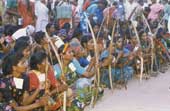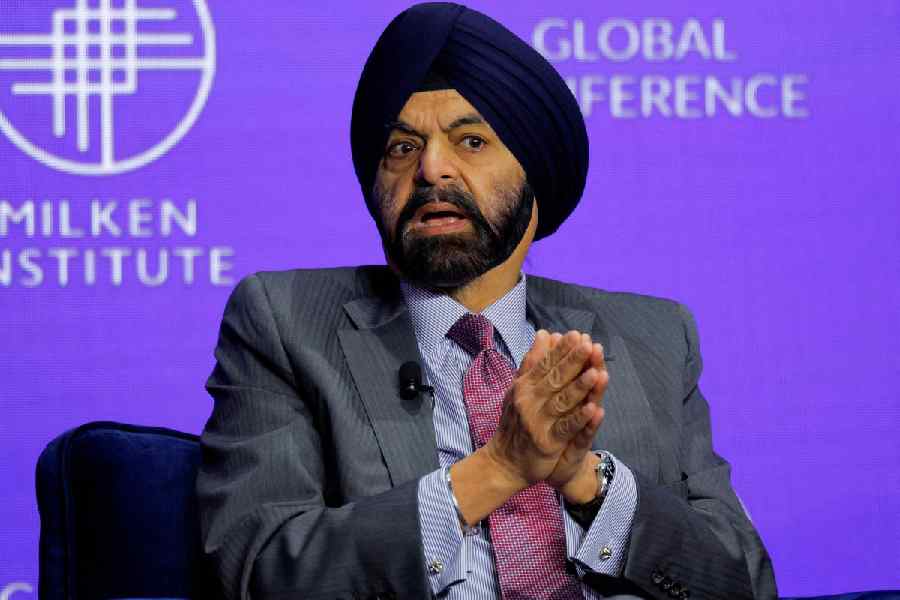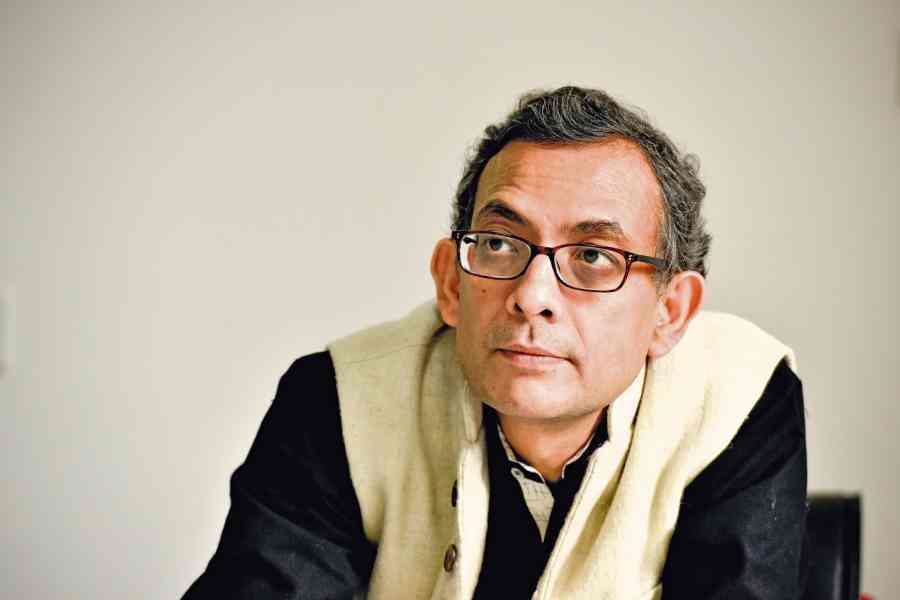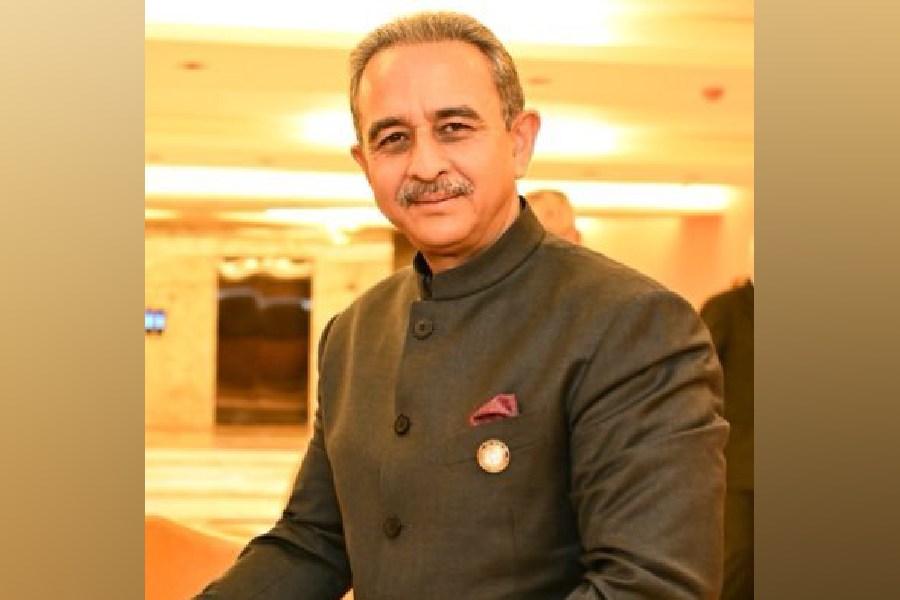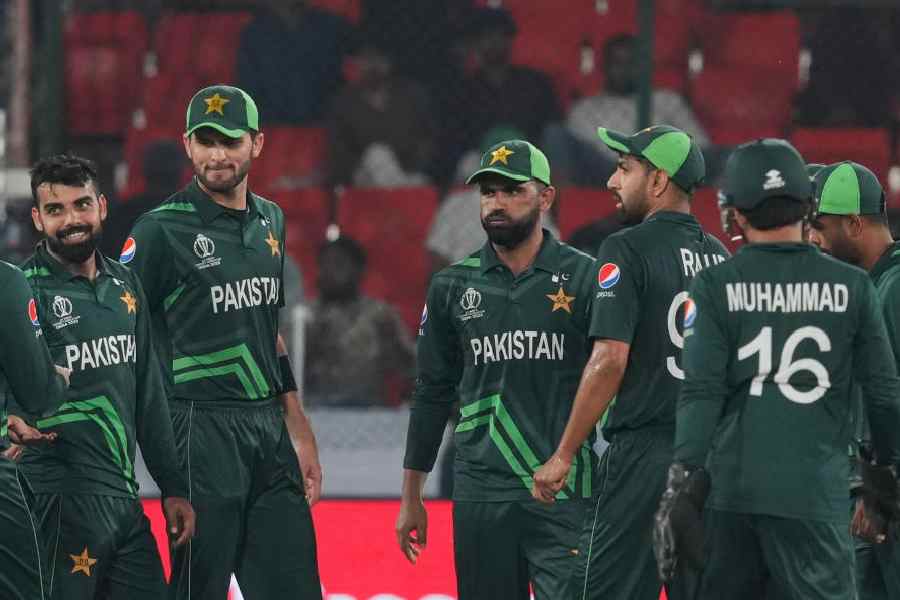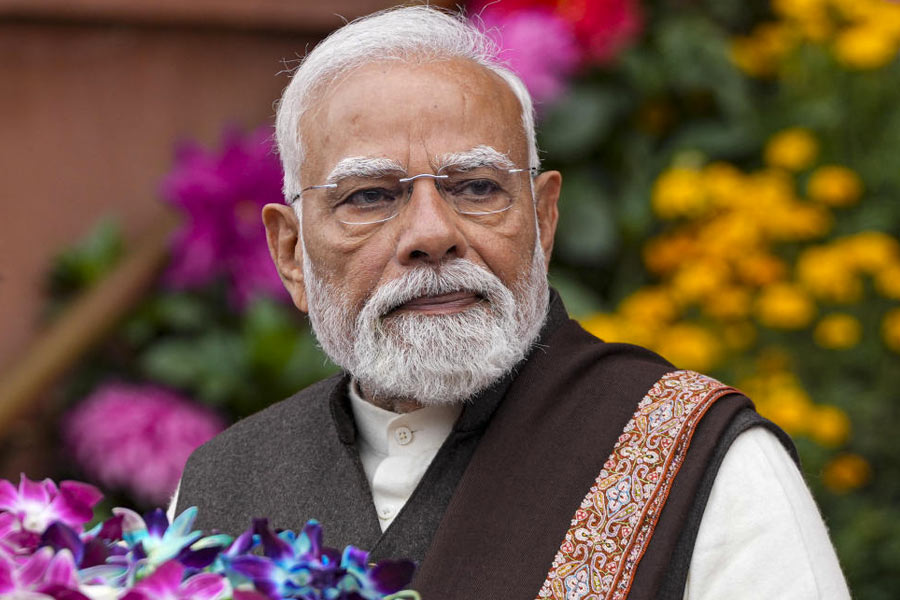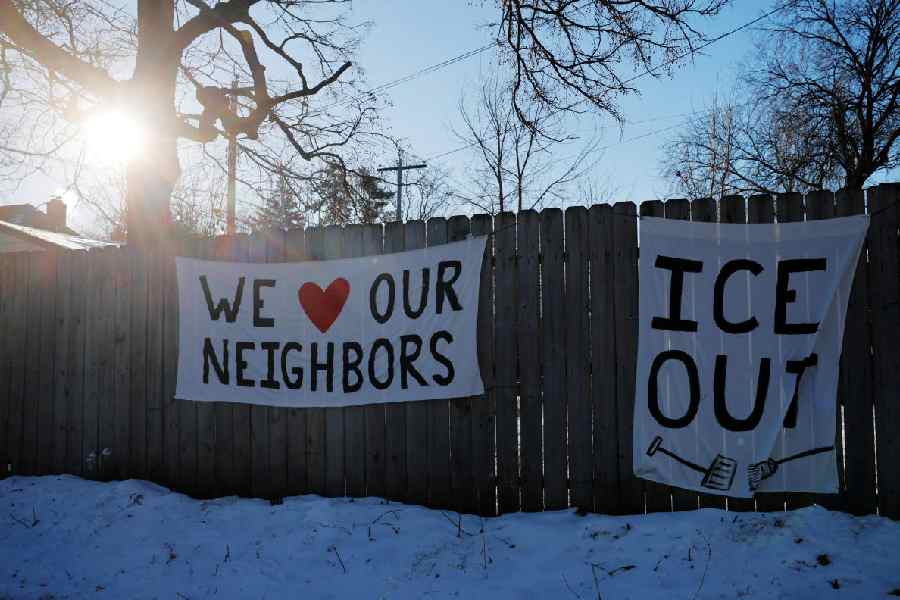 |
Tribal societies have seldom recorded their own history. They usually relied on oral transmission of events, which raises definite difficulties for mainstream historians, who have seldom given serious thought or space to tribal struggles or movements. The author, a much respected scholar who has steadfastly refused to leave Chaibasa and who is a keen observer of tribal societies, however, says that there are other reasons as well for the scant mention found in history of various tribal movements.
Recently, Sussex University celebrated the 150th anniversary of the historic Santhal Hul calling for reconstruction of tribal history. In the wake of this memorable event, a researcher should not forget that writing history has always been determined by the dominant ideologies and class interests, creating products more or less of specialised brands. We in India are familiar with the Colonial, Nationalist, Marxist and Hindutva types. One may ask when will history evolve a widely acceptable methodology that will make the subject adolescent enough to tread an independent course?
A researcher of tribal history has other problems to face. Except for the colonialday ethnographies, research into tribal life has more or less intensified with the celebration of the centenary of the Great Revolt of 1857-58. Riding the wings of nationalist upsurge, it sought to retrieve and rewrite the ?real? Indian history, which, it was rightly believed, the colonialists had submerged for nearly two centuries.
R.C. Majumdar?s famous History of Indian freedom movement had pages on tribal struggles, generally to justify the Indianness of the movement. Then followed the type of J.C. Jha?s The Kol insurrection in Chhotanagpur and K.S. Singh?s Duststorm and hanging mist to claim independent and more detailed space for the tribal struggles in the mainstream Indian historiography.
Hopefully, interdisciplinary researches have since been able to inform us of the immense potentiality that tribal studies hold. It is a different matter that being conducted by professional academics, the pursuit in Jharkhand remains, in large cases, repetitive, forcing most of them to languish in the shelves of university libraries. Lack of quality seems to be closely linked with the poor culture of academics.
Meanwhile, a near-cultural conflict has ensued the right nomenclature for the epistemically-benighted. Movement from the conventional coinage of aboriginals, tribals and animists to ?Adivasis? by many is not simply an exercise in lexical variety. It is more an expression of the claim of ancientness as well as the need to study the role of the indigenes in the making of Indian civilisation. Though scholars are gradually shedding their ethnocentric indifference to facts related to tribal history, they have not been able to develop this history, as it seems to me, for a strange fetish for the mainstream.
Since Independence, researchers were inspired by kind of a missionary zeal in rewriting the counter-nationalist or mainstream narrative. Whatever was undertaken, including the monographs on tribal history, was a means to fulfil that pious end. So tribal narratives, being a part and parcel of the ?Grand Indian Narrative?, did not enjoy the autonomy it deserved.
What was more disturbing was that attempt to reconstruct an alternate vision often had to face the charge of parochialism and regionalism detrimental to Indian nation. Palpably cynical, they do not accept the simple fact that national narratives can truly be comprehensive and representative only on the bedrock of solid regional studies. Whole should, after all, be a healthy and inclusive aggregate of the parts and not merely represent the amorphous and delusive mainstream.
?Easier said than done? may be the curt reply from the so called mainstream-wallahs. They will point to the non-availability of information. The lack of information is not, however, totally unfounded. We are aware that tribals formed an oral society with very limited self-recording of their past. While Sans Horkoren Mare Hapramko Reak Katha by Guru Kolean etches the major events from Santal history, other tribal communities of Jharkhand do not have such a rich oral recording. Even Horkoren requires decoding for an objective historical reconstruction. So, a researcher has invariably to collate information from statist sources that only highlight facts relating to colonial period and leave out facts and details of the precolonial days.
Drawing mainly from the same source, the nationalist counter-narrative essenced, as mentioned before, tribal past as the substream meant only to enrich the mainstream. The Marxist school has more or less used the above source to foreground anti-colonial tribal struggles. Hindutva projection has been that of tribal life as an extension of Hindu way of life. Such conjunctures as British rule, anti-British tribal struggle, influence of Hinduism and Christianity et al and not those intimately connected with the flow of tribal past threading from its pre-British days continue to be the determining historical categories.
Unfortunately, what this embodies is merely the history of a marginalised people leaving out the portrayal of pre-British period when as free agents they were the makers of their own destiny.
A scholar seeking to go beyond this hegemonic episteme however may come across clues from British ethnography itself waiting to be retrieved in fuller details. A fated researcher like me exploring the Village Papers may be enthralled by the possibility of an alternate narrative. S. C. Roy?s famous The Mundas and their country has pioneered the probe into Sanskrit literature for delving much deeper into Munda history. If to this is joined, the efforts of linguists and archaeologists, a happy future waits for the rewriting of tribal history. But this will require collective effort much beyond the superficial intervention of degree-savvy professional academics.
The author can be reached at asokakumarsen@sify.com

